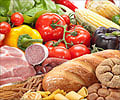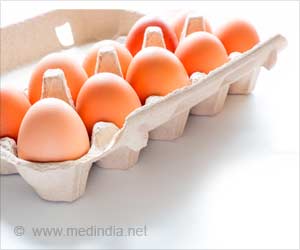Low-carbohydrate diet might help you shed those extra pounds, but it can have an adverse impact on your cognition skills, says a new study.
Low-carbohydrate diet might help you shed those extra pounds, but it can have an adverse impact on your cognition skills, says a new study.
Tufts University researchers found that when dieters eliminated carbohydrates from their meals, they performed more poorly on memory-based tasks."This study demonstrates that the food you eat can have an immediate impact on cognitive behaviour," said Holly A. Taylor, professor of psychology at Tufts and corresponding author of the study.
"The popular low-carb, no-carb diets have the strongest potential for negative impact on thinking and cognition," Taylor added.
While the brain uses glucose as its primary fuel, it has no way of storing it. Rather, the body breaks down carbohydrates into glucose, which is carried to the brain through the blood stream and used immediately by nerve cells for energy.
Reduced carbohydrate intake should thus reduce the brain's source of energy.
The study included 19 women ages 22 to 55 who were allowed to select the diet plan they preferred.
Advertisement
They were asked to complete five testing sessions that assessed cognitive skills, including attention, long-term and short-term memory, and visual attention, and spatial memory.
The final two sessions occurred in week two and week three of the diets, after carbohydrates had been reintroduced for those on the low-carb diet.
Low-carb dieters showed a gradual decrease on the memory-related tasks compared with the low-calorie dieters. Reaction time for those on the low-carb diet was slower and their visuospatial memory was not as good as those on the low-calorie diet.
However, low-carb dieters actually responded better than low-calorie dieters during the attention vigilance task.
"The data suggest that after a week of severe carbohydrate restriction, memory performance, particularly on difficult tasks, is impaired," Taylor said.
The study appears in the February 2009 edition of the journal Appetite.
Source-ANI
SRM














